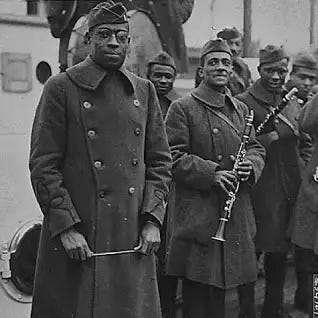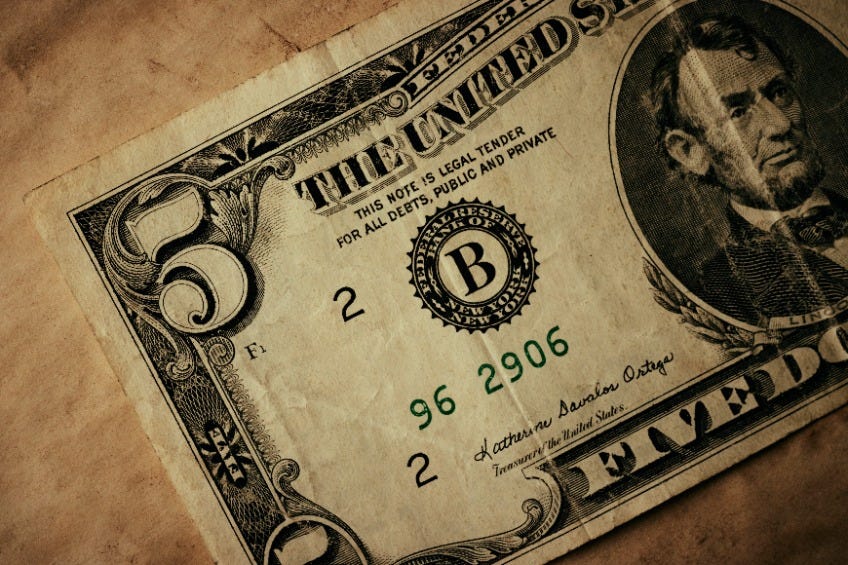Today In Black History
James Reese Europe, Early Pioneering Jazz Musician
Issue #513 Today In Black History, Monday, February 26, 2024
Today’s Black History WOW!
Photo Credit: DNA
James Reese Europe was born in Mobile, Alabama in 1881 and went on to study music in New York City. He quickly made a name for himself as a talented composer and performer.
Europe is perhaps best known for his work with the Clef Club Orchestra, one of the first all-Black orchestras in the United States. Under his leadership, the orchestra became a sensation in New York City and toured Europe, where they were met with rave reviews. Europe's blend of traditional European music with African American rhythms and melodies was groundbreaking and helped pave the way for future jazz musicians.
In addition to his work as a bandleader, Europe was also a successful composer, penning hit songs such as "On Patrol in No Man's Land" and "Castle House Rag." He was a key figure in the development of early jazz music.
During World War I, Europe enlisted in the U.S. Army and was assigned to the 369th Infantry Regiment, also known as the Harlem Hellfighters. He was appointed as the regiment's bandmaster, and under his leadership, the band became renowned for their performances both on and off the battlefield.
Europe and the Harlem Hellfighters band traveled throughout Europe, playing for troops and civilians alike. Their music was a source of pride and morale for the soldiers, and they were credited with boosting the spirits of the Allied forces. Europe's innovative arrangements and energetic performances helped to solidify his reputation as a musical pioneer.
Tragically, Europe's life was cut short in 1919 when he was stabbed to death by one of his band members.
James Reese Europe is remembered as a trailblazer who broke down racial barriers in the music industry and paved the way for future generations of African American musicians.
Today In Black History
- In 1863, President Abraham Lincoln signed the National Currency Act that established a single national currency.
- In 1870, Wyatt Outlaw, the Black leader of the Union League in Alamance County, N.C., was lynched.
- In 1885, the Berlin Conference gave the Congo to Belgium and Nigeria to Great Britain.
- In 1954, Republican Michigan Representative Ruth Thompson introduced legislation to ban the mailing of “obscene, lewd, lascivious, or filthy” rock-and-roll phonograph records.
- In 1962, the U.S. Supreme Court voted to disallow race separation in public transportation.
- In 1964, Cassius Clay officially changed his name to Muhammad Ali.
- In 1965, civil rights activist Jimmie Lee Jackson died from injuries he received from police officers eight days earlier while defending his mother who was part of a group attacked while leaving a voting-rights meeting.
- In 1966, Andrew Brimmer became the first African American governor of the Federal Reserve Board when he was appointed by President Lyndon B. Johnson.
- In 2012, 17-year-old Black teenager Trayvon Martin was shot and killed by George Zimmerman in Sanford, Florida.
- The “Comments” feature has been disabled. Instead, let’s discuss these facts in our community on Substack Notes. You can also read other Substack publications without subscribing to them when you join Notes.
This post is free to read/listen to for three days after publication. To have 365 24/7 access to all our posts and podcast episodes and financially support “We Are Speaking” for no more than $5 per month, please subscribe at the paid level. You will receive a 7-day FREE trial!






